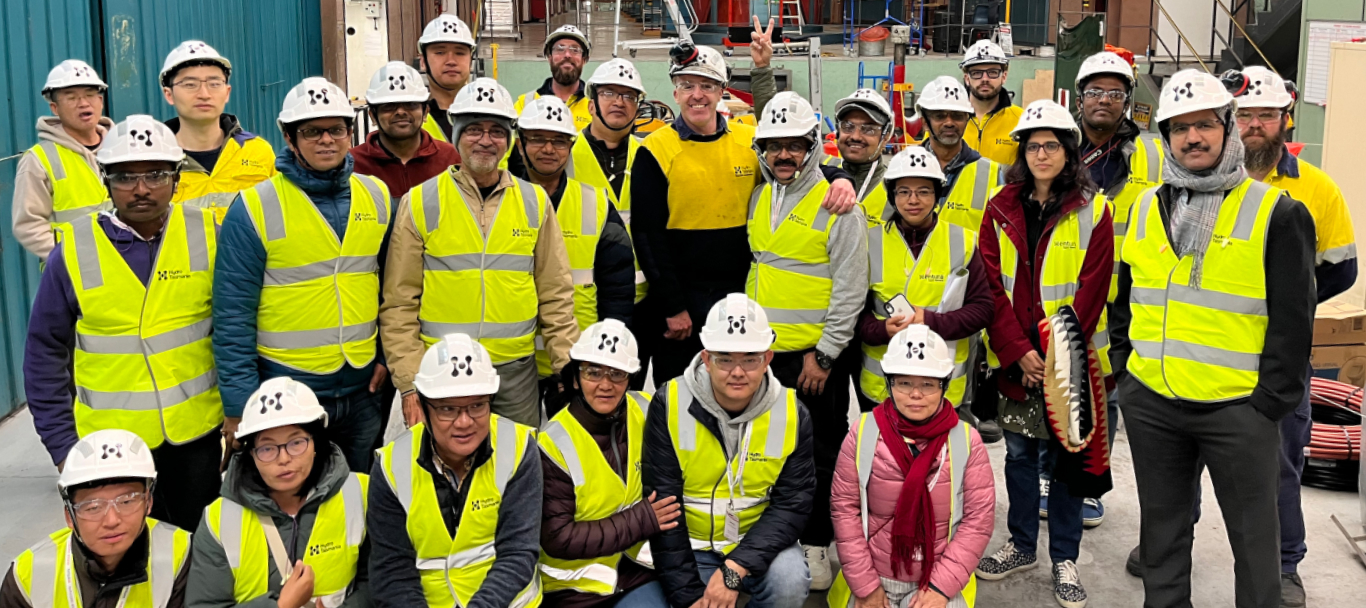
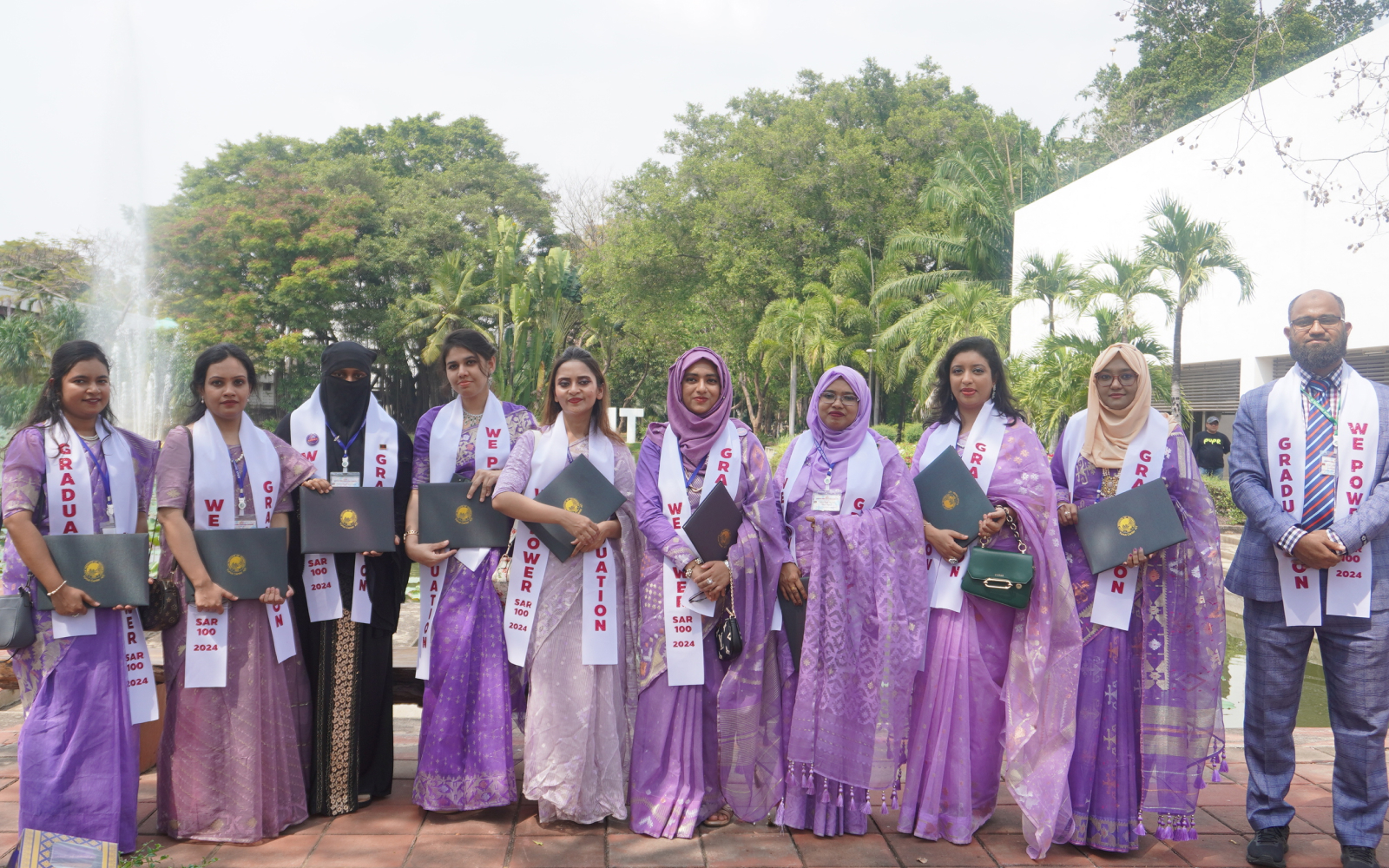
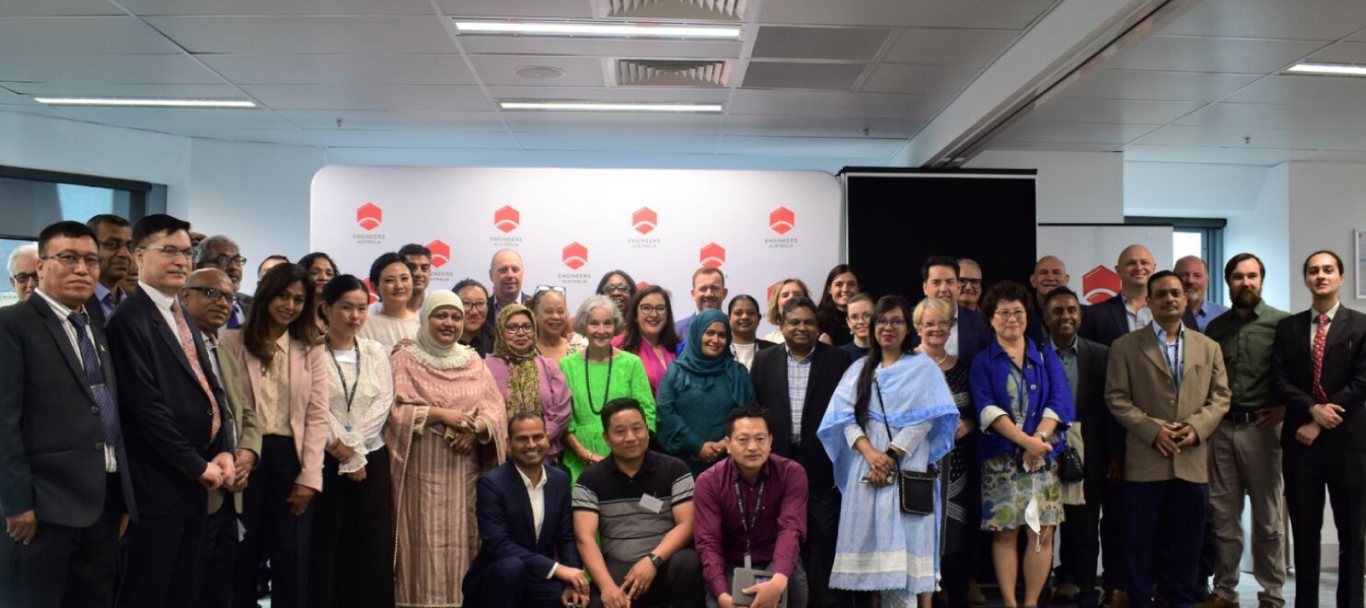
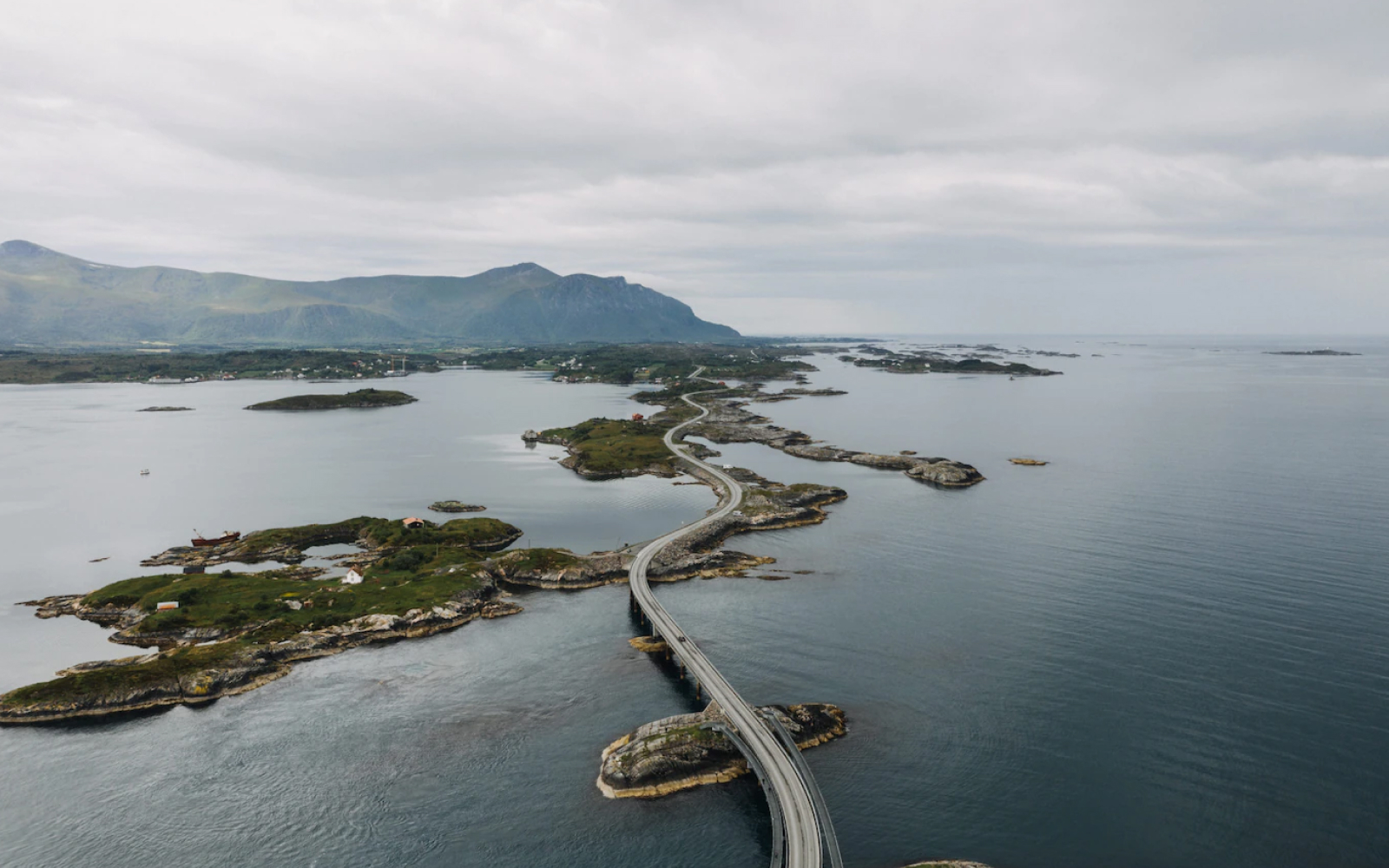
South Asia Regional Infrastructure Connectivity (SARIC) is an AUD 32 million initiative funded by the Australian Government. SARIC supports the overall goal to deepen economic linkages and support regional prosperity and inclusive growth. The opportunities under SARIC will support in enabling more, better-quality and socially inclusive connectivity infrastructure in South Asia, with a focus on the energy and transport sector. SARIC countries include Bhutan, Bangladesh, India, Maldives, Nepal, Pakistan and Sri Lanka.

Key Pillars of SARIC Implementation

The World Bank and International Finance Corporation (IFC) together support partnerships, financing, and policy to advance programs with governments and the private sector in South Asia.

Led by Palladium, the training component delivers targeted & curated capacity building interventions for government, private & academia from the infrastructure sector. Networking both within South Asia and between South Asia and Australia enables in creating an ecosystem of energy & transport sector peers who engage which each other.

Led by Adam Smith International, the Monitoring & Evaluation (M&E) team coordinates among the three development partners and ensures the effective and efficient implementation of the approved M&E Framework.
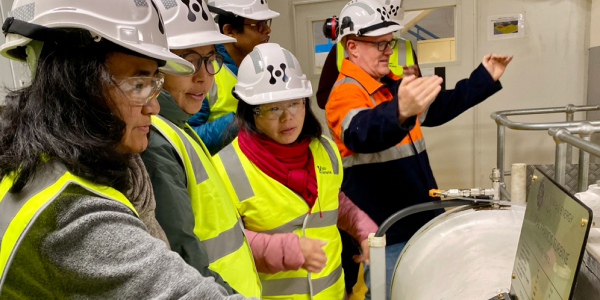
SARIC is one of the many initiatives of the Government of Australia through which its commitment to social inclusion is articulated in its national and international development engagements.

The Australian Government is working closely with regional partners by stepping up renewable energy investment and climate and disaster resilience support through their development program.

SARIC supports the overall goal to deepen economic linkages and support inclusive regional prosperity
www.facebook.com